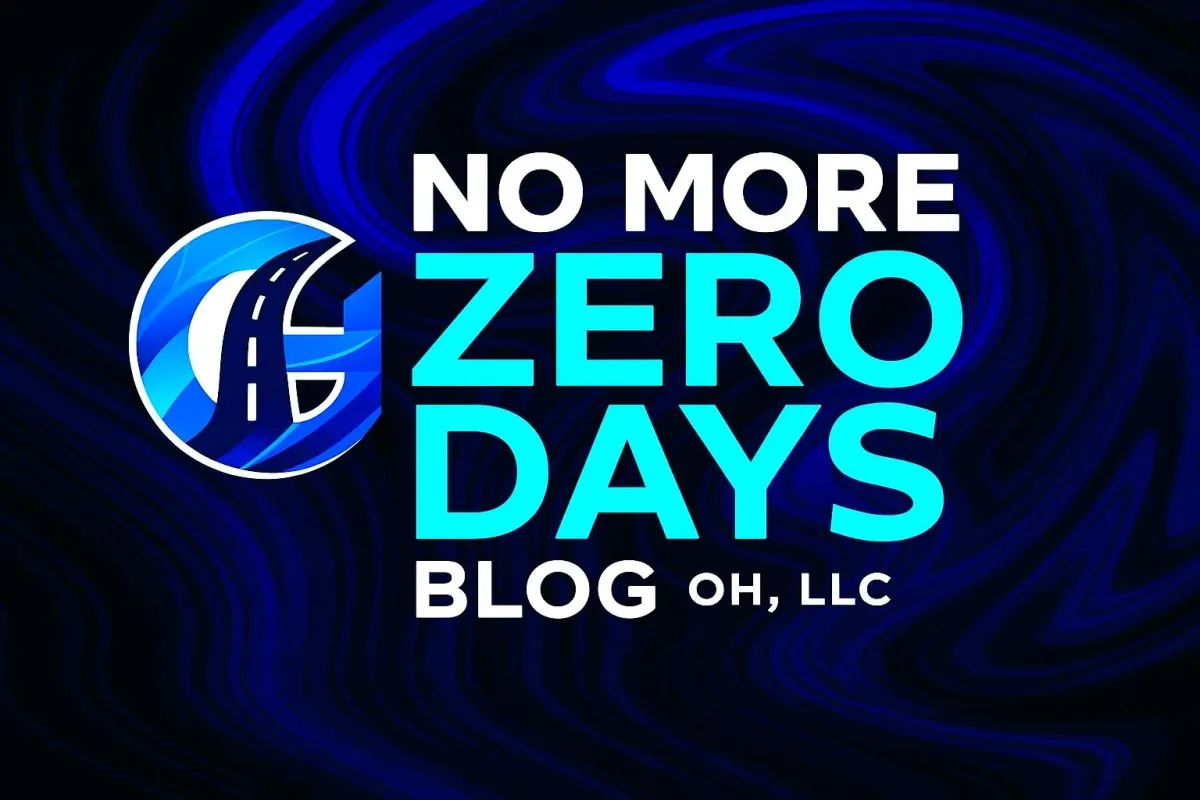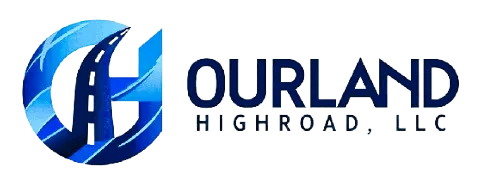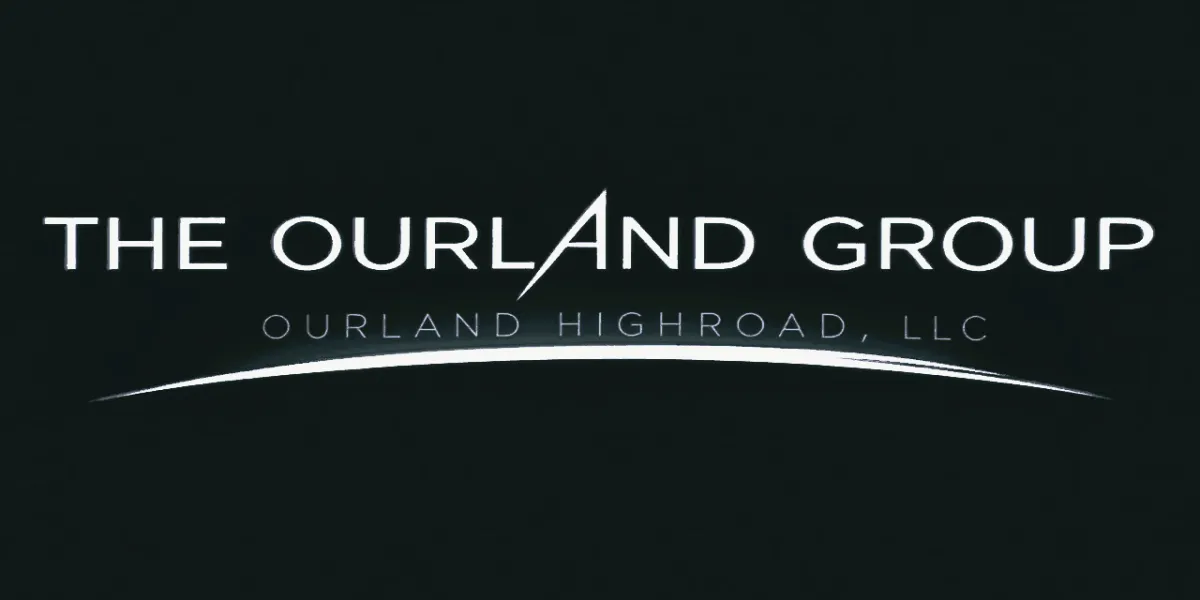
The Hidden Truth About Local Business Directories: Why 83% of Small Businesses Are Getting Ripped Off (And How to Fix It)
Every day, millions of consumers open their phones searching for “coffee near me” or “best pizza in town.” Meanwhile, small business owners pour money into directory listings, hoping to capture those searches. But here’s the shocking reality: most local business directories are failing both sides of this equation, and it’s costing everyone dearly.
Recent market research reveals that 83% of small businesses consider current directory pricing “predatory,” while 42% of consumers actively distrust the ratings they see. This isn’t just a minor inconvenience; it’s a broken system that stifles local economies and frustrates millions of users daily.
The Consumer Side: Searching for Truth in a Sea of Outdated Information
So you’re traveling to a new city and desperately need a late-night pharmacy. You find one on Yelp, drive twenty minutes across town, only to discover it has been closed for three hours. Sound familiar? You’re not alone; 30% of directory reviews specifically mention inaccurate business hours as their primary frustration.
The problems run deeper than outdated information. Today’s consumers are sophisticated searchers with specific needs, yet most directories treat them as if they’re still browsing the Yellow Pages in 1995. They want hyper-local results (“show me vegan bakeries my friends have recommended”), price transparency before they visit, and accessibility information that helps them make informed decisions.
Consider the modern consumer’s journey: 67% prefer directories that integrate booking and purchasing capabilities, allowing them to reserve a table or buy a product without leaving the platform. Yet most directories stop at showing a phone number and hoping for the best. It’s like building a highway that ends at a cliff, technically functional, but ultimately disappointing.
The mobile-first reality has shifted expectations even further. Voice searches now account for 40% of mobile directory queries, with users asking complex questions, such as “find me a pet-friendly restaurant under $20 that’s open right now.” Traditional directories weren’t designed for this level of conversational complexity, leaving users frustrated and businesses largely invisible.
The Business Owner’s Nightmare: Paying More for Less Visibility
If you’re a small business owner, you’ve likely felt the squeeze. Directory platforms have evolved into expensive gatekeepers that promise visibility but often fail to deliver on their promises. The average small business spends $1,200 annually across multiple directory platforms, yet sees diminishing returns as fake reviews proliferate and algorithm changes bury their listings.
The administrative burden alone is crushing. Business owners report spending 2-3 hours weekly updating information across different platforms, only to discover that changes take days to appear, if they appear correctly at all. One bakery owner in Portland shared, “I updated my holiday hours on six different platforms. Three showed the wrong information for two weeks, costing me dozens of customers who showed up to a closed shop.”
Perhaps most frustrating is the lack of actionable analytics. While social media platforms provide detailed insights about audience engagement, most directories offer basic metrics that don’t help businesses understand what’s working or how to improve. Small business owners are essentially flying blind, investing money without clear visibility into their return on investment.
The Innovation Gap: What’s Missing from Today’s Directories
The disconnect between user needs and directory capabilities has created a massive innovation gap. Here’s what’s consistently absent from most platforms:
AI-Driven Personalization: Only 12% of directories use machine learning to understand user preferences. Imagine a directory that learns you prefer locally-owned restaurants with outdoor seating and automatically surfaces those options first. This technology exists, it’s just not being applied to local discovery.
Real-Time Truth Verification: While consumers can livestream their lunch, business directories still rely on an honor system for updates. Advanced platforms can integrate with point-of-sale systems to display real-time inventory, wait times, and availability. Some restaurants in Tokyo already offer tables through directories that sync with their reservation systems in real-time.
Community-Driven Trust Signals: Traditional star ratings have lost credibility due to review manipulation. Progressive directories are experimenting with community badges, such as “Locals’ Pick” or “Hidden Gem,” which are based on verified local customer behavior rather than written reviews. Early adopters report a 59% higher level of consumer trust in these alternative signals.
Visual Discovery Integration: While 55% of users prefer discovering businesses through visual content on platforms like Instagram and TikTok, most directories remain text-heavy. The future belongs to directories that seamlessly integrate social commerce, allowing users to see a bakery’s Instagram stories or a boutique’s latest TikTok while browsing listings.
The Path Forward: Building User-Centric Solutions
The opportunity for disruption has never been clearer. Successful local business directories of the future will prioritize genuine value creation over revenue extraction. Here’s what that looks like in practice:
For Consumers: Imagine opening a directory app and speaking naturally: “Find me a quiet coffee shop with WiFi where I can work for a few hours, preferably one that supports local artists.” Advanced AI could parse this request, cross-reference your location and preferences, and surface three perfect matches with real-time availability and user photos from that morning.
For Businesses: Picture a free platform that automatically syncs your information across all major directories, provides meaningful analytics about customer discovery patterns, and offers built-in tools for generating authentic customer content. Instead of paying hundreds of dollars monthly for basic visibility, businesses can access sophisticated marketing tools that help them grow.
Trust and Transparency: Future directories will likely employ blockchain verification for reviews, ensuring only actual customers can leave feedback. Some platforms are already experimenting with requiring photo proof of visit or integrating with payment systems to verify transactions.
The Economics of Change
The current model benefits directory companies at the expense of businesses and consumers. But sustainable business models exist that align platform success with user satisfaction. Freemium approaches, where basic listings remain free but advanced analytics cost a modest monthly fee, already show promise in other industries.
Revenue diversification beyond listing fees, such as commission-based booking, local advertising partnerships, or data insights for municipal planning, could create value for entire communities rather than extracting it from struggling small businesses.
Why This Matters Now
Local businesses are the backbone of community economies, employing 47% of the American workforce. When directories fail them, entire neighborhoods suffer. Conversely, when local discovery works seamlessly, communities thrive. Consumers find what they need, businesses connect with their ideal customers, and neighborhoods maintain their unique character.
Today, the technology exists to solve these problems. What’s missing is the will to prioritize user value over short-term profit extraction. For entrepreneurs and innovators, this represents one of the most significant untapped opportunities in the local commerce space.
The Innovation Opportunity
The local business directory space is ripe for disruption by platforms that genuinely serve both sides of the marketplace. Success will belong to those who recognize that sustainable growth comes from creating value, not extracting it.
Whether you’re a business owner frustrated with current options, a consumer tired of unreliable information, or an entrepreneur seeking opportunities, the message is clear: the future of local discovery will be built by those who put user needs first.
The question isn’t whether change will come, it’s who will lead it and how quickly they can establish trust in a market desperately hungry for honest, effective solutions.
Ready to reclaim your time and build systems that work for you, not against you? Discover how the right tools can transform your business efficiency and help you achieve sustainable success.
The Hidden Truth About Local Business Directories: Why 83% of Small Businesses Are Getting Ripped Off (And How to Fix It)
Every day, millions of consumers open their phones searching for “coffee near me” or “best pizza in town.” Meanwhile, small business owners pour money into directory listings, hoping to capture those searches. But here’s the shocking reality: most local business directories are failing both sides of this equation, and it’s costing everyone dearly.
Recent market research reveals that 83% of small businesses consider current directory pricing “predatory,” while 42% of consumers actively distrust the ratings they see. This isn’t just a minor inconvenience; it’s a broken system that stifles local economies and frustrates millions of users daily.
The Consumer Side: Searching for Truth in a Sea of Outdated Information
So you’re traveling to a new city and desperately need a late-night pharmacy. You find one on Yelp, drive twenty minutes across town, only to discover it has been closed for three hours. Sound familiar? You’re not alone; 30% of directory reviews specifically mention inaccurate business hours as their primary frustration.
The problems run deeper than outdated information. Today’s consumers are sophisticated searchers with specific needs, yet most directories treat them as if they were still browsing the Yellow Pages in 1995. They want hyper-local results (“show me vegan bakeries my friends have recommended”), price transparency before they visit, and accessibility information that helps them make informed decisions.
Consider the modern consumer’s journey: 67% prefer directories that integrate booking and purchasing capabilities, allowing them to reserve a table or buy a product without leaving the platform. Yet most directories stop at showing a phone number and hoping for the best. It’s like building a highway that ends at a cliff—technically functional, but ultimately disappointing.
The mobile-first reality has shifted expectations even further. Voice searches now account for 40% of mobile directory queries, with users asking complex questions, such as “find me a pet-friendly restaurant under $20 that’s open right now.” Traditional directories weren’t designed for this level of conversational complexity, leaving users frustrated and businesses largely invisible.
The Business Owner’s Nightmare: Paying More for Less Visibility
If you’re a small business owner, you’ve likely felt the squeeze. Directory platforms have evolved into expensive gatekeepers that promise visibility but often fail to deliver on their promises. The average small business spends $1,200 annually across multiple directory platforms, yet sees diminishing returns as fake reviews proliferate and algorithm changes bury their listings.
The administrative burden alone is crushing. Business owners report spending 2-3 hours weekly updating information across different platforms, only to discover that changes take days to appear, if they appear correctly at all. One bakery owner in Portland shared, “I updated my holiday hours on six different platforms. Three showed the wrong information for two weeks, costing me dozens of customers who showed up to a closed shop.”
Perhaps most frustrating is the lack of actionable analytics. While social media platforms provide detailed insights about audience engagement, most directories offer basic metrics that don’t help businesses understand what’s working or how to improve. Small business owners are essentially flying blind, investing money without clear visibility into their return on investment.
The Innovation Gap: What’s Missing from Today’s Directories
The disconnect between user needs and directory capabilities has created a massive innovation gap. Here’s what’s consistently absent from most platforms:
AI-Driven Personalization: Only 12% of directories use machine learning to understand user preferences. Imagine a directory that learns you prefer locally-owned restaurants with outdoor seating and automatically surfaces those options first. This technology exists, it’s just not being applied to local discovery.
Real-Time Truth Verification: While consumers can livestream their lunch, business directories still rely on an honor system for updates. Advanced platforms can integrate with point-of-sale systems to display real-time inventory, wait times, and availability. Some restaurants in Tokyo already offer tables through directories that sync with their reservation systems in real-time.
Community-Driven Trust Signals: Traditional star ratings have lost credibility due to review manipulation. Progressive directories are experimenting with community badges, such as “Locals’ Pick” or “Hidden Gem,” which are based on verified local customer behavior rather than written reviews. Early adopters report a 59% higher level of consumer trust in these alternative signals.
Visual Discovery Integration: While 55% of users prefer discovering businesses through visual content on platforms like Instagram and TikTok, most directories remain text-heavy. The future belongs to directories that seamlessly integrate social commerce, allowing users to see a bakery’s Instagram stories or a boutique’s latest TikTok while browsing listings.
The Path Forward: Building User-Centric Solutions
The opportunity for disruption has never been clearer. Successful local business directories of the future will prioritize genuine value creation over revenue extraction. Here’s what that looks like in practice:
For Consumers: Imagine opening a directory app and speaking naturally: “Find me a quiet coffee shop with WiFi where I can work for a few hours, preferably one that supports local artists.” Advanced AI could parse this request, cross-reference your location and preferences, and surface three perfect matches with real-time availability and user photos from that morning.
For Businesses: Picture a free platform that automatically syncs your information across all major directories, provides meaningful analytics about customer discovery patterns, and offers built-in tools for generating authentic customer content. Instead of paying hundreds monthly for basic visibility, businesses could access sophisticated marketing tools that actually help them grow.
Trust and Transparency: Future directories will likely employ blockchain verification for reviews, ensuring only actual customers can leave feedback. Some platforms are already experimenting with requiring photo proof of visit or integrating with payment systems to verify transactions.
The Economics of Change
The current model benefits directory companies at the expense of businesses and consumers. But sustainable business models exist that align platform success with user satisfaction. Freemium approaches, where basic listings remain free but advanced analytics cost a modest monthly fee, already show promise in other industries.
Revenue diversification beyond listing fees, such as commission-based booking, local advertising partnerships, or data insights for municipal planning, could create value for entire communities rather than extracting it from struggling small businesses.
Why This Matters Now
Local businesses are the backbone of community economies, employing 47% of the American workforce. When directories fail them, entire neighborhoods suffer. Conversely, when local discovery works seamlessly, communities thrive. Consumers find what they need, businesses connect with their ideal customers, and neighborhoods maintain their unique character.
Today, the technology exists to solve these problems. What’s missing is the will to prioritize user value over short-term profit extraction. For entrepreneurs and innovators, this represents one of the most significant untapped opportunities in the local commerce space.
The Innovation Opportunity
The local business directory space is ripe for disruption by platforms that genuinely serve both sides of the marketplace. Success will belong to those who recognize that sustainable growth comes from creating value, not extracting it.
Whether you’re a business owner frustrated with current options, a consumer tired of unreliable information, or an entrepreneur seeking opportunities, the message is clear: the future of local discovery will be built by those who put user needs first.
The question isn’t whether change will come, it’s who will lead it and how quickly they can establish trust in a market desperately hungry for honest, effective solutions.
Ready to reclaim your time and build systems that work for you, not against you? Discover how the right tools can transform your business efficiency and help you achieve sustainable success.
Cheers and all the Best, Timothy

References:
Otterstacks | Uneed directories. https://uneed-directories.com/directory/otterstacks
Childhood playhouse. https://tinyhousetalk.com/tag/childhood-playhouse/







Instagram
LinkedIn
Youtube
X